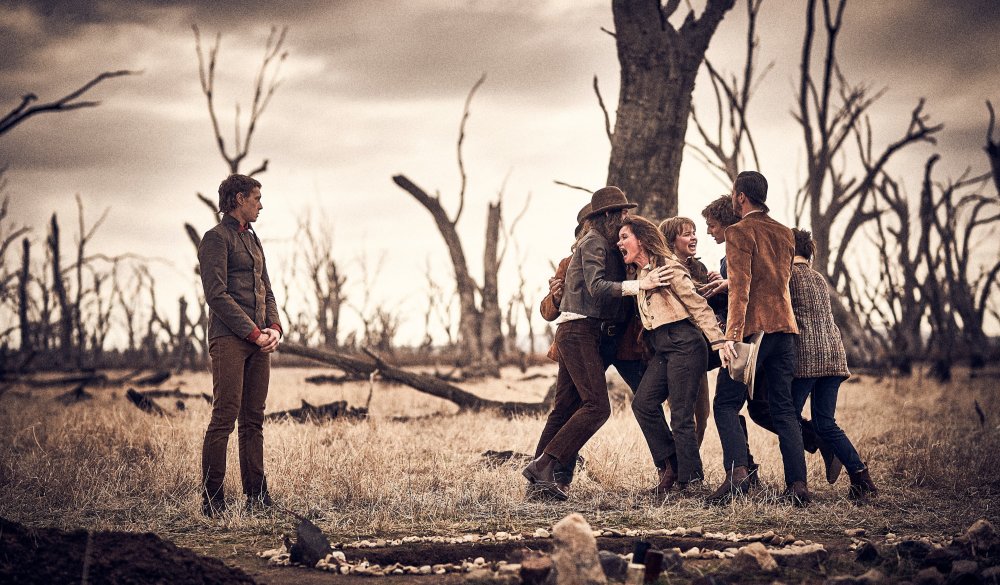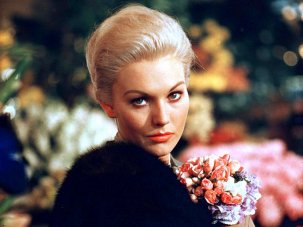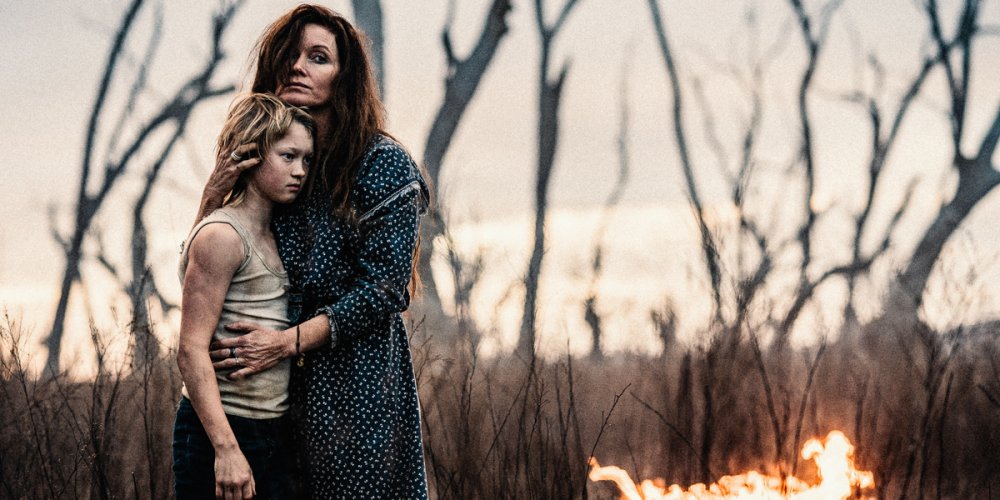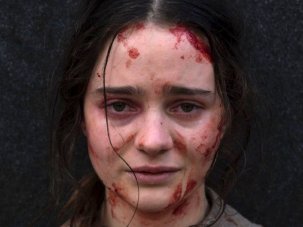Ambiguity is clearly the watchword for this latest screen depiction of Australia’s ever-confounding folk hero Ned Kelly. While the title claims that here – after the armour-plated outlaw’s exploits were filmed as (more or less) star vehicles for Mick Jagger and Heath Ledger – is the ‘true history’ of Kelly’s blood-soaked trajectory, we’re swiftly taken aback by a caption warning that nothing we’re about to see is actually true. Thereafter, the focus of Justin Kurzel’s film proves to be less about the facts of the story and more about constructing a profile for posterity – underpinned by a voiceover detailing the letter doomed Ned writes for his unborn child.
UK/France/Australia 2019
Certificate 18 125m 6s
Director Justin Kurzel
Cast
Ned Kelly George Mackay
Ellen Kelly Essie Davis
Fitzpatrick Nicholas Hoult
young Ned Kelly Orlando Schwerdt
Sergeant O’Neil Charlie Hunnam
Harry Power Russell Crowe
[2.35:1]
UK release date 28 February 2020
Distributor Picturehouse Entertainment
kellygang.film
► Trailer
While the tale of the Kelly gang could be seen as a case study in aberrant psychopathology – something Kurzel also explored in his career-defining true-crime debut Snowtown (2011) – here screenwriter Shaun Grant’s adaptation of the admired Peter Carey novel opts to draw the outlaw as more sinned against than sinning. That’s powerfully laid out in an opening section focusing on Kelly’s abject rural upbringing, where startling newcomer Orlando Schwerdt portrays a boyhood innocent curdled by his parents’ mindset, shaped by Irish rebelliousness against the corrupt forces of Anglo authority. Essie Davis delivers a full-on turn as Ned’s mother, whose consuming love for her son essentially weaponises him as a vengeful force for her resentments.

When George MacKay takes centre stage as the grown-up Ned, the character becomes a compendium of class and colonial discontent, whose cross-dressing and suggested bisexuality seem inspired by anti-establishment gesture politics as much as deep internal need. MacKay’s wide-eyed stare and sinewy physique make an impression, yet he gives little sense of being in command of the character’s seething, complex psychology.
The petering-out second half is a bit of a shame, even if the baroque visuals show what Kurzel has taken from his forays into Shakespearean spectacle (Macbeth) and manga styling (Assassin’s Creed). An opening drone camera glide over a barren landscape and a climactic nocturnal shootout couched as an elemental play of shadow and light are just two examples of his chafing at the bonds of traditional historical pictorialism – throughout, one senses the sheer effort that’s gone into creating a highly distinctive cinematic artefact.
It’s a pity, though, that in throwing everything at the screen, what the film has to say about its subject, Ned Kelly himself, becomes rather lost in an energised, bustling, yet finally unsatisfying frenzy of activity.
-
The 100 Greatest Films of All Time 2012

In our biggest ever film critics’ poll, the list of best movies ever made has a new top film, ending the 50-year reign of Citizen Kane.
Wednesday 1 August 2012
-
The best films now on UK streaming services

Looking for the best new cinema releases available on British VOD platforms? Here’s our guide to how to keep up with the latest movies while you’re...
-
The Digital Edition and Archive quick link
Log in here to your digital edition and archive subscription, take a look at the packages on offer and buy a subscription.







